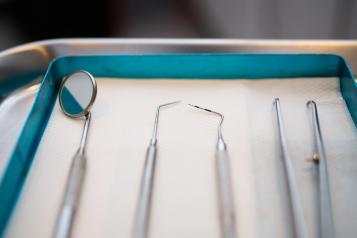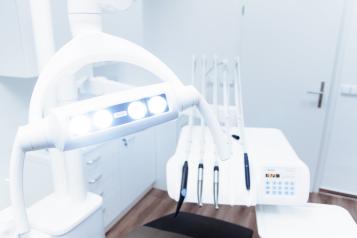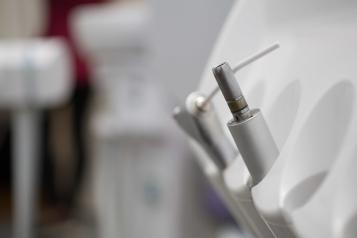Health and Social Care Committee report on NHS Dentistry

The Health and Social Care Committee’s report on NHS Dentistry shows just how powerful insight can be as it draws on the insight from nearly 30 submissions (involving many more Healthwatch as some of them were prepared jointly) as well as a round table that included quite a few Healthwatch. More importantly, the recommendations reflect the issues that Healthwatch has been raising over the years.
A lot of the content won’t be new but it’s now clearly on the political agenda. The opening section covers ‘Access’, and the insight has clearly shown the need to consider inequalities, which is highlighted in the report.
More people, including children, are experiencing poor oral health, and this has a subsequent impact on their physical health and social wellbeing, and leads to dependency on expensive secondary care interventions, placing further pressures on secondary care.
People don’t understand how the system works currently so there’s confusion about registration and which treatments are NHS and which will need to be provided privately. This has been well covered by the committee recommending the need for a national awareness campaign.
The section on contract reform is highly critical of UDAs (units of dental activity) and makes a good case for reform. The report is also critical of the clawback process, and expresses concern about the risk of underspend being used elsewhere – although a ring fence is in place for 2023 – 24. The changes to the contract made last year are described as ‘tweaks’ rather than reform.
Although Healthwatch didn’t contribute very much to the section on the workforce implications, Healthwatch certainly provided evidence of ‘dental deserts’. The report does show that there are gaps in data about the current workforce. Using the whole dental team is already part of the approach that DHSC and NHSE are taking but is still relevant.
Training of dentists is something that may areas have raised – as people may be persuaded to stay in the area where they train. The recently published workforce plan proposed consideration of a tie-in for newly qualified dentists. The committee is more measured, suggesting that comprehensive consultation will be needed, seeing it the wider context of the contract and a careers framework.
The section on Integrated Care Systems is particularly interesting with the delegation of dental commissioning. ‘Flexible commissioning’ is highlighted and, although it is possible under the current contract, it appears to have been used infrequently and is not yet widely used by Integrated Care Boards. Along with others, Healthwatch pushed the need for oral health needs assessments.
The key to the report is the conclusion and recommendations. The Government does not have to follow the recommendations, but will need to respond to them, so these are clearly on the agenda. Some of the main points are:
- A patient awareness campaign so that people understand how NHS dentistry works and their entitlements
- Using personalised recall intervals – up to two years for some people
- Contract reform – moving away from UDAs to a system with a weighted capitation element (that is, based on the number of patients), which emphasises prevention and person-centred care
- Dentists should be represented on Integrated Care Boards (and DHSC expected to gather more information about the composition of boards)
- More clarity about flexible commissioning
- ICBs to undertake an oral health needs assessment by July 2024
Paragraphs 4 and 5 set out an ambition that Healthwatch talked about for a long time. And it’s good to see that the committee will look at the recommendations again when the dental recovery plan is published.
Healthwatch believes there is a crisis of access in NHS dentistry. Many people are unable to access an NHS dentist or are travelling significant distances to get to one. Access varies across the country and is being experienced unequally by different groups. Healthwatch believe everyone should be able to access an NHS dentist when they need one, wherever they live.
Healthwatch welcomes the Government’s ambition for everyone who needs an NHS dentist to be able to access one. This ambition must ensure access within a reasonable timeframe and a reasonable distance. The Government must set out how they intend to realise this ambition and what the timeline will be for delivery. It is vital that this ambition is the central tenet of the Government’s forthcoming dental recovery plan. Once the plan has been published, Healthwatch will revisit the recommendations in this report to assess it against this criteria.
The Government should respond to the report within two months, but it’s not unusual for responses to be delayed. There’s still a long way to go, and Healthwatch is still waiting for the dental recovery plan (which is expected imminently) but this report gives some leverage – both locally and nationally.


